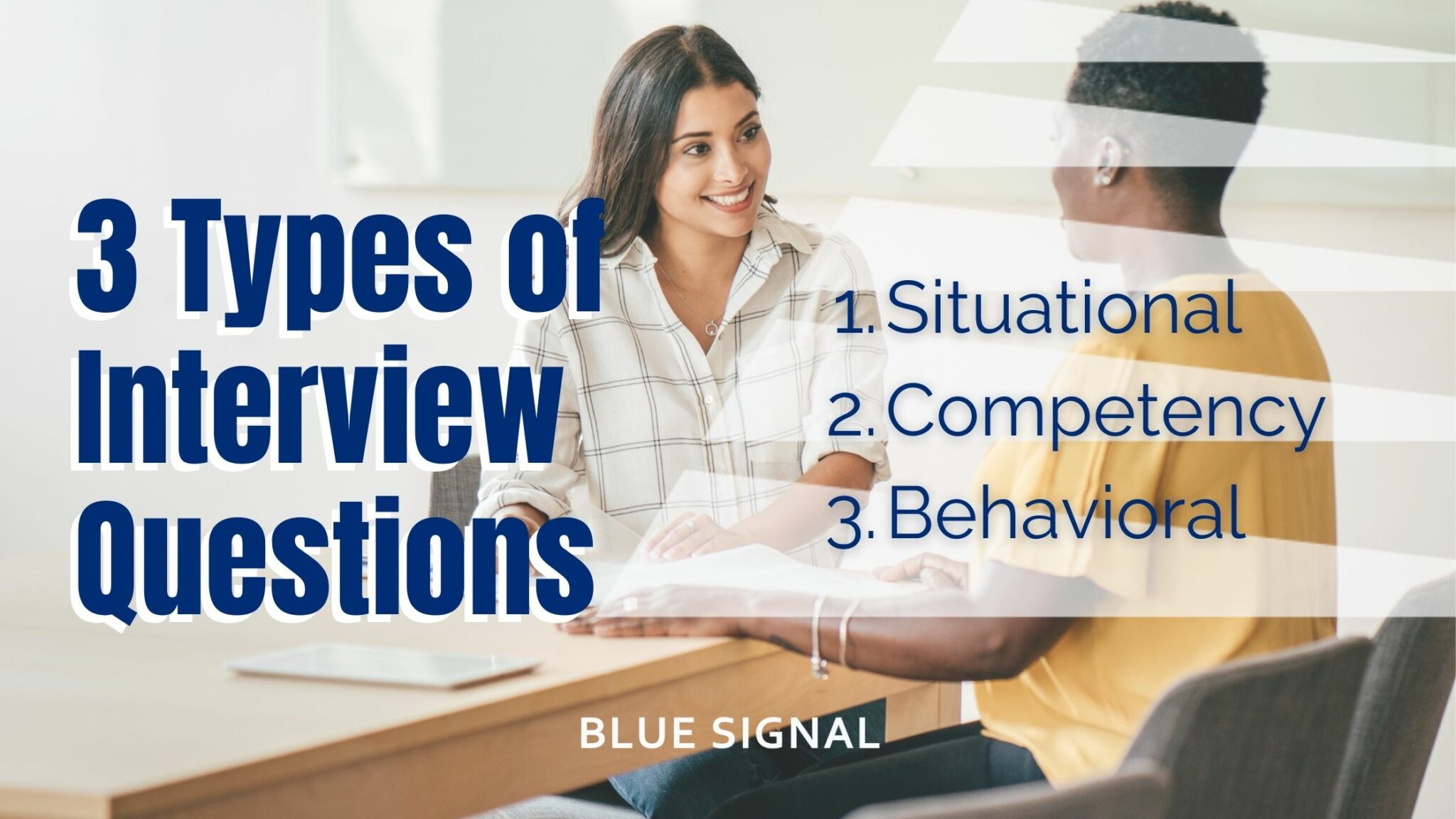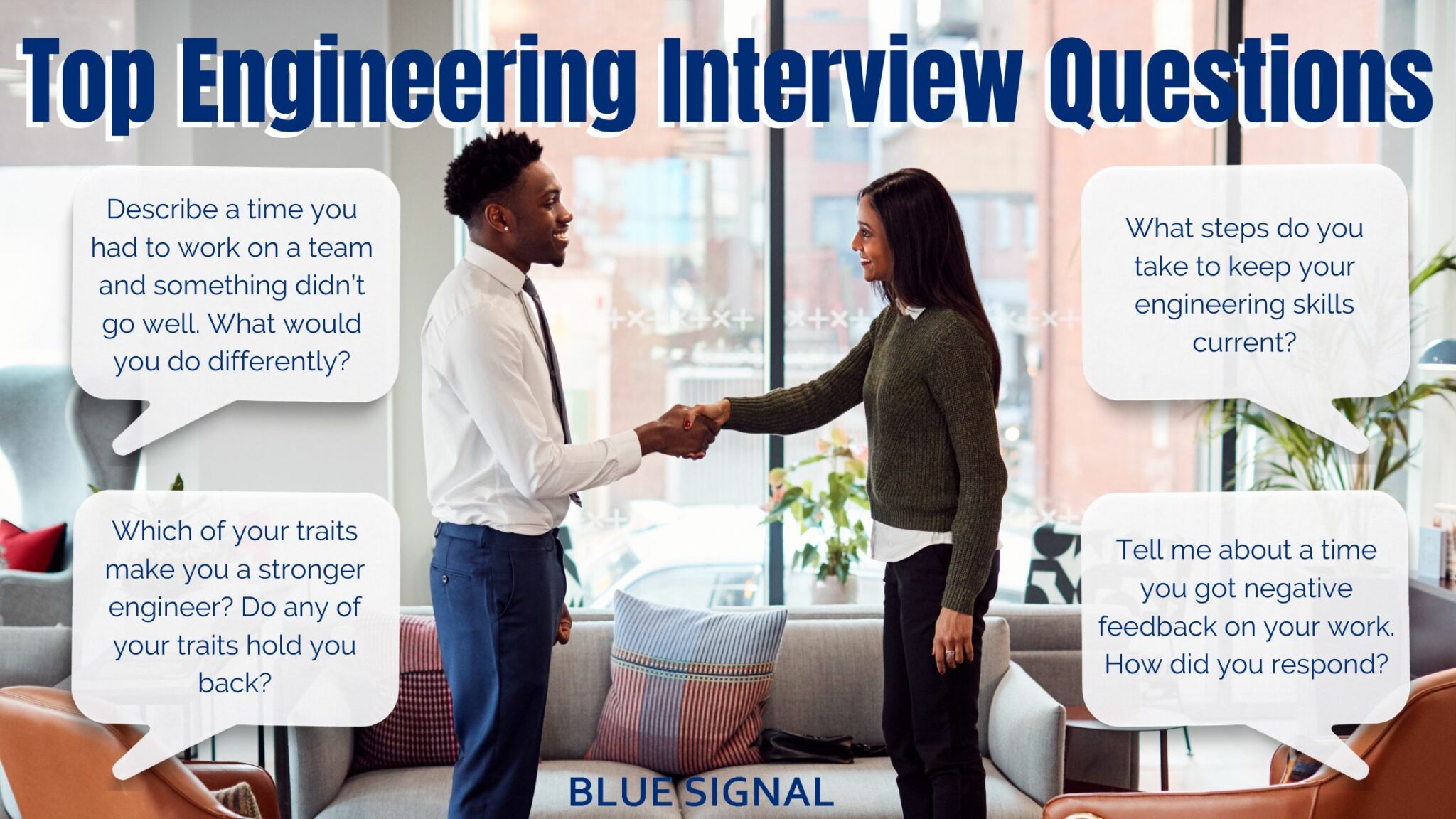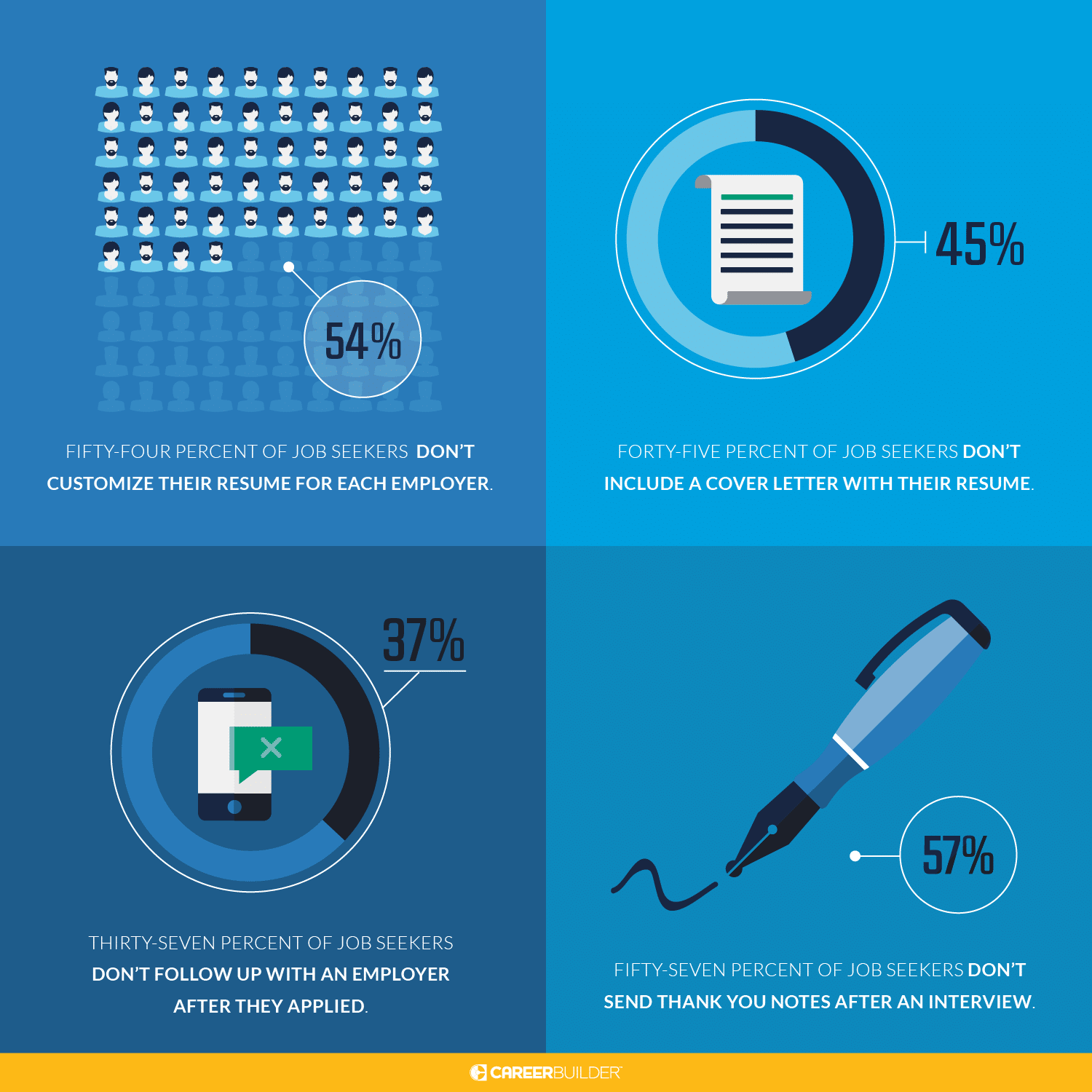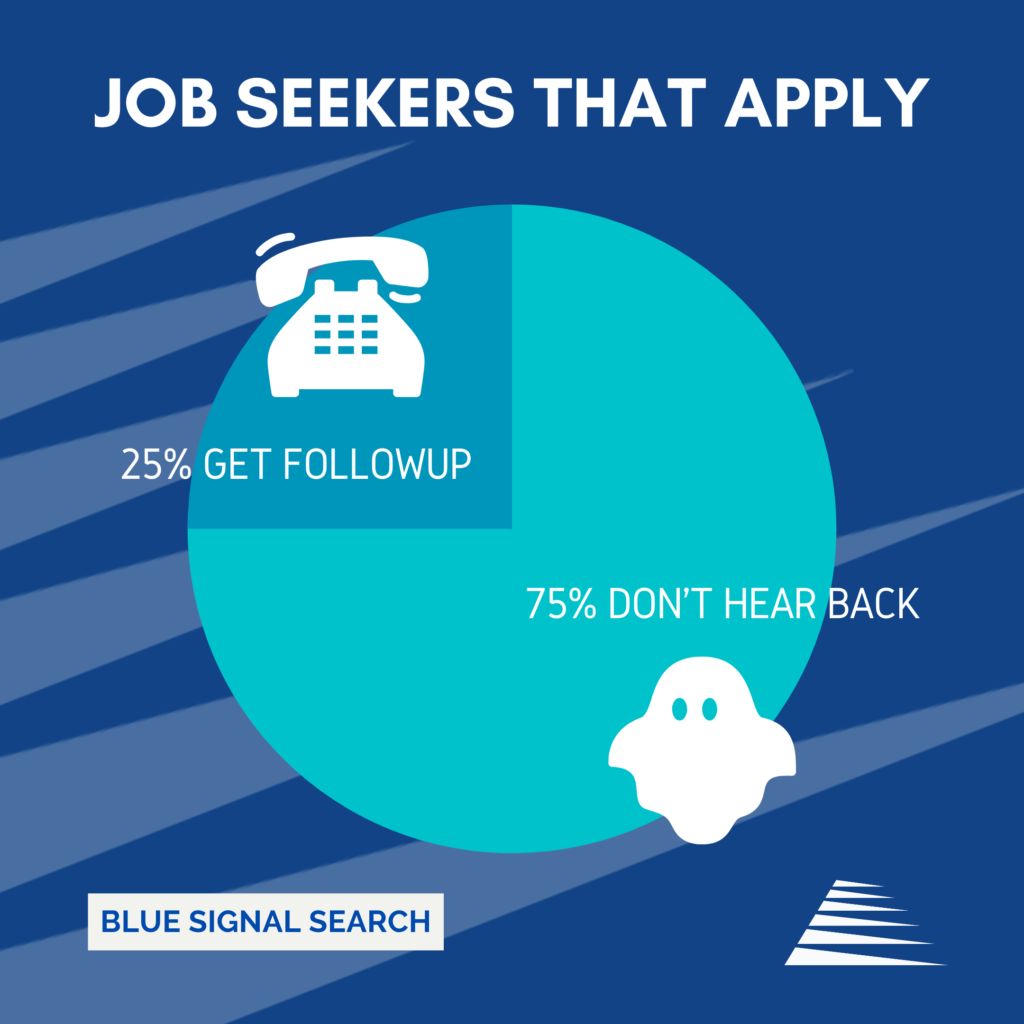Feeling like your job search is more of an uphill battle than a straightforward path? You're not alone in facing these job search challenges. Spending countless hours tailoring resumes, navigating through the endless sea of job postings, and enduring marathon interview processes, only to be met with silence, can be downright exhausting. It's like shouting into a void and hearing nothing back—frustrating, isn't it? We totally get it. In today's digital age, the job hunt has morphed into a series of common, yet challenging hurdles. But don't worry, we're here to unpack these frustrations, offer a hefty dose of reality, and arm you with strategies to press forward. Ready to overcome job search challenges and achieve success? Let's begin.
Getting Through Applicant Tracking Systems
Ever feel like you're just a number in the job search game? Welcome to the world of Applicant Tracking Systems (ATS)—the digital gatekeepers that can make or break your application before a human eye even sees it. It's a bit like trying to get past a bouncer at a popular club, but instead of judging your shoes, they're scanning for keywords. Irritating, right? It’s a common job search challenge that makes job seekers feel reduced to a set of key words and characteristics. But here’s the deal, companies rely on ATS because it helps them manage the large number of applications they receive for each position. It’s not about making the process cold and robotic but about efficiency. Knowing this, the goal isn’t to beat the system but to understand how to work with it.

So, how do you make peace with the ATS and still manage to showcase your unique self? First off, try to think of the ATS as your initial audience, not an obstacle. Incorporating relevant keywords from the job description into your resume is key. But don’t just stuff them in, weave them into your accomplishments and experiences in a way that feels natural and authentic. Use both the full forms and acronyms of professional certifications and qualifications since you never know which version the ATS is programmed to pick up. And remember, a clean, simple format does wonders. Some ATS systems can get tripped up by fancy graphics or unusual fonts, so keep the layout straightforward and professional. Lastly, don’t forget the power of human connection. Networking can often get your resume directly into the hands of a hiring manager, bypassing the ATS altogether. By combining the science of ATS optimization with the art of personal branding, you turn what feels like a robotic gatekeeper into a launchpad for your career, effectively navigating through one of the key job search challenges.
Tailoring Resumes and Cover Letters (Again & Again)
Diving into the job search pool with one generic resume and cover letter might seem like a time-saver. But let's be real, it's like using a fishing net with too wide of a mesh—you end up catching nothing at all. It's downright exhausting to tweak and tailor every single application, pouring your energy into highlighting how you're the perfect fit for each unique role. You're not alone in feeling this is a daunting task. Yet, in today's ultra-competitive job market, overcoming these job search challenges by standing out from the sea of applicants is more crucial than ever. This is your moment to shine, to show potential employers not just that you want the job, but why you're the one they've been searching for. It's about making a memorable first impression, and unfortunately, a one-size-fits-all approach just doesn't cut it.
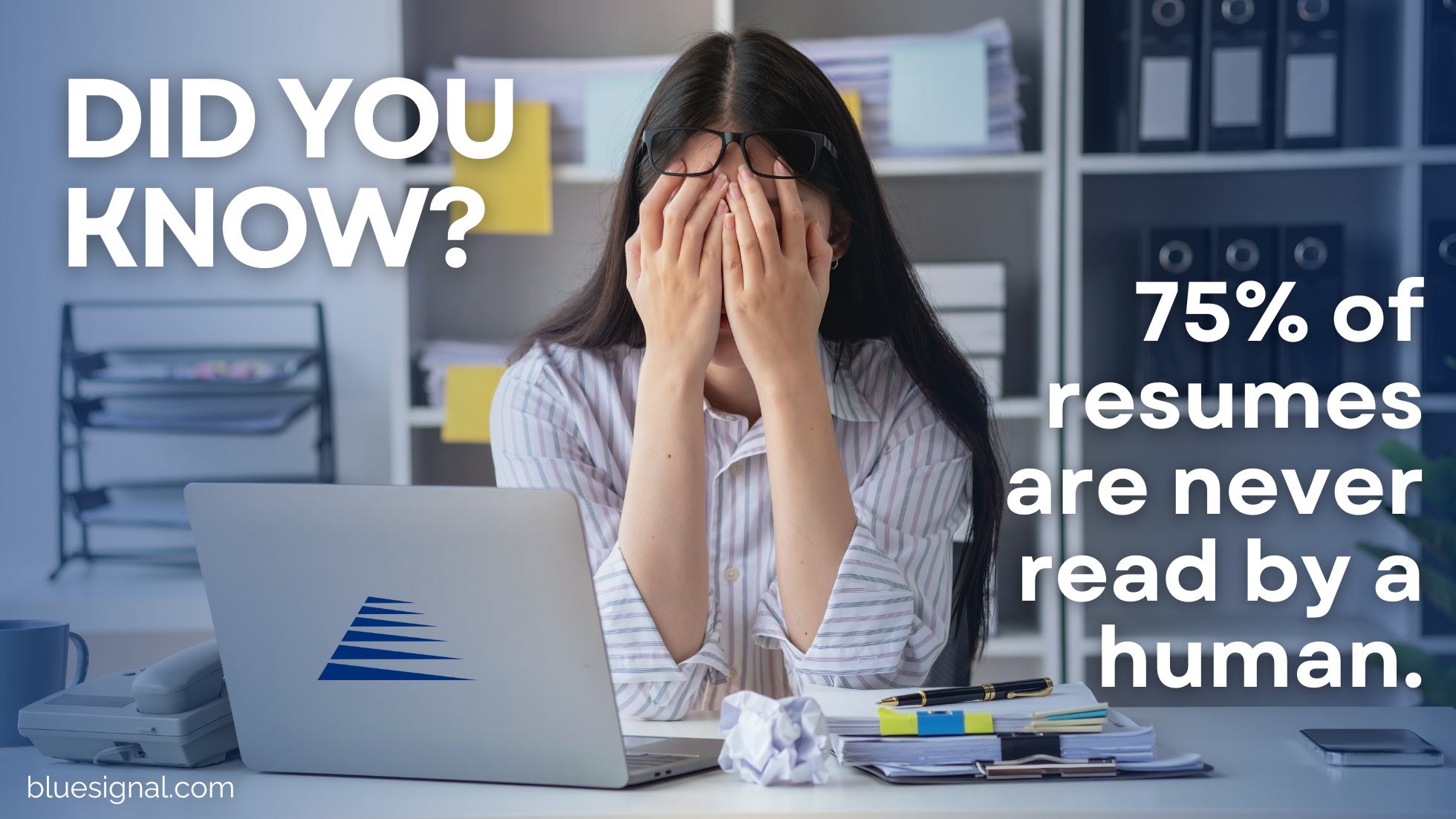
Furthermore, how can you tailor your applications without burning out? You can overcome this common job search challenge by starting with a solid foundation: a well-crafted master resume and cover letter that encapsulate your skills, experiences, and achievements. From there, customization becomes a matter of strategic tweaks rather than a full rewrite each time. Focus on aligning your document with the job description. Highlight the experiences and skills that match the role's requirements, using the same language and keywords they do. This doesn't mean losing your unique voice, rather, it's about making your relevant qualifications impossible to overlook. And for efficiency's sake, maintain a portfolio of your most impactful projects and roles to easily swap in details that resonate most with each position. Remember, quality beats quantity every time. A handful of thoughtfully tailored applications are far more likely to land you interviews than dozens of indistinct submissions. By streamlining your approach, you ensure your applications are both high in quality and impactful, making the best use of your time and energy.
Lengthy Interview Processes
The journey from application to offer can sometimes feel like a marathon with no finish line in sight, epitomizing one of the most daunting job search challenges many face. After the initial thrill of landing an interview, the energy and excitement begin to die down as you're ushered through round after round of discussions, tests, and tasks. It's not just tiring, it can drain all your motivation, leaving you wondering if there's an end in sight. We hear you. It's incredibly challenging to keep spirits high when the process drags on longer than expected, especially when you're juggling multiple prospects or currently employed. However, it's crucial to understand that, from the company's perspective, these lengthy procedures aren't about putting candidates through their paces for the sake of it. It's about ensuring a perfect match — for them and for you. Each interview round is a step towards finding a role where you'll truly thrive, contributing to and enjoying a fulfilling career. This extended process is as much for your benefit as it is for the company's, turning what feels like one of the toughest job search challenges into an opportunity for both parties.
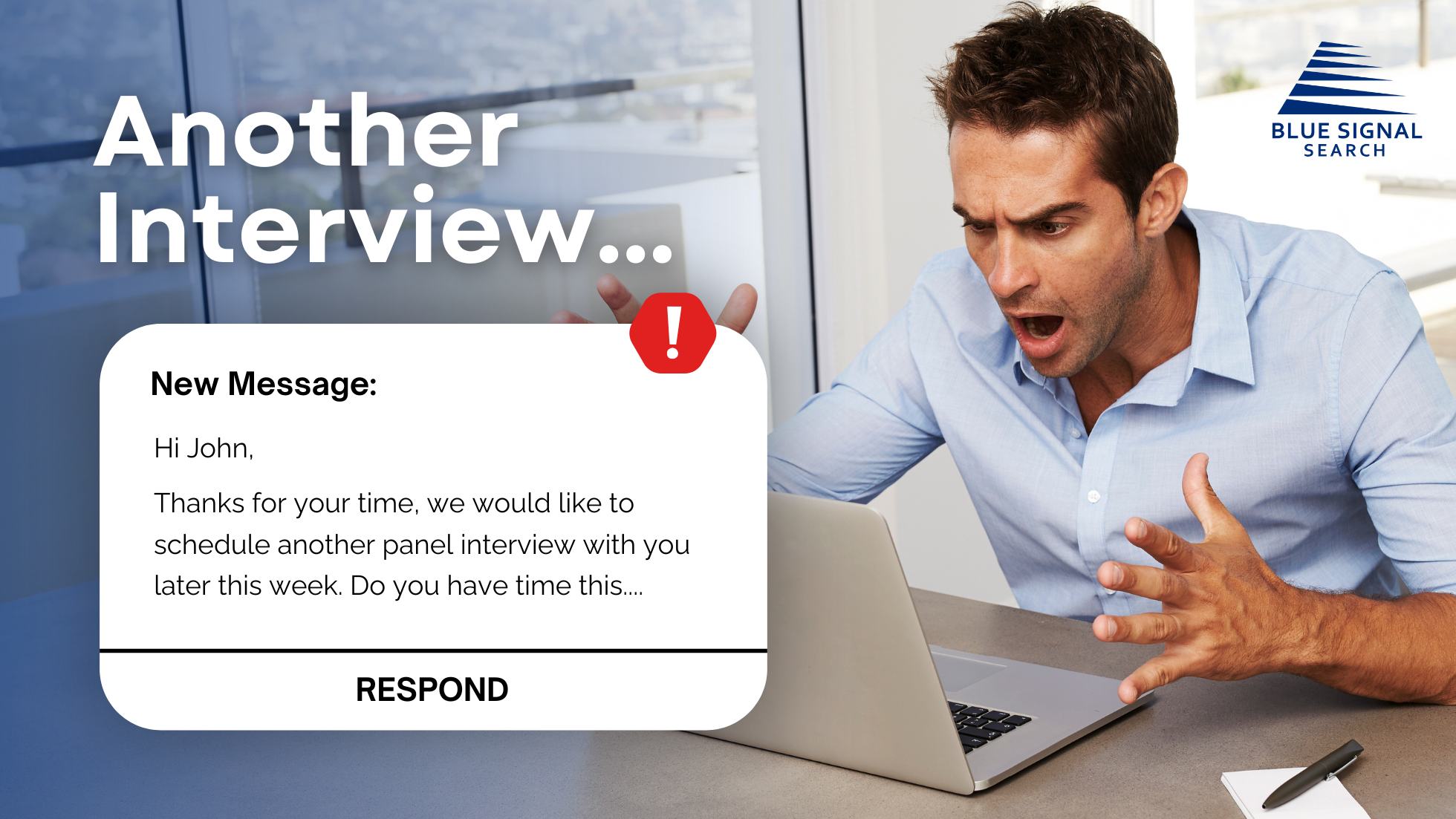
Navigating this marathon requires a blend of patience, organization, and perspective. Start by keeping a detailed log of your interviews: whom you spoke with, key discussion points, and any follow-up actions you need to take. This not only helps you stay organized but also prepares you for future rounds. Don't hesitate to follow up after interviews with a thank-you note, reiterating your interest and how you can contribute to the team. This keeps you on their radar and demonstrates your enthusiasm for the position. Moreover, try to view each interview as a unique learning opportunity, regardless of the outcome. Reflect on the questions asked and how you responded. What can you improve? What did you excel at? This mindset not only prepares you for future interviews but also aids in personal and professional growth. Remember, with each step, you're getting closer to finding a role that's not just a job but a perfect fit for your career path.
Getting Ghosted (Not Hearing Back)
There's a unique kind of disappointment that comes from refreshing your inbox, hoping for a response to your application or follow-up after an interview, only to be met with silence. This 'ghosting' in the professional realm can feel particularly personal and stands as one of the more disheartening job search challenges many face. After investing time and energy into applications and interviews, being left in the dark isn't just frustrating, it can be downright discouraging. You might question your worth or wonder what you could have done differently. It's important to acknowledge these feelings—they're valid and shared by many in the job search process. However, it's also helpful to understand that the silence often isn't about you personally. Many companies, overwhelmed by the volume of candidates or internal priorities shifting, might not have the resources or processes in place to provide individual feedback to every applicant.
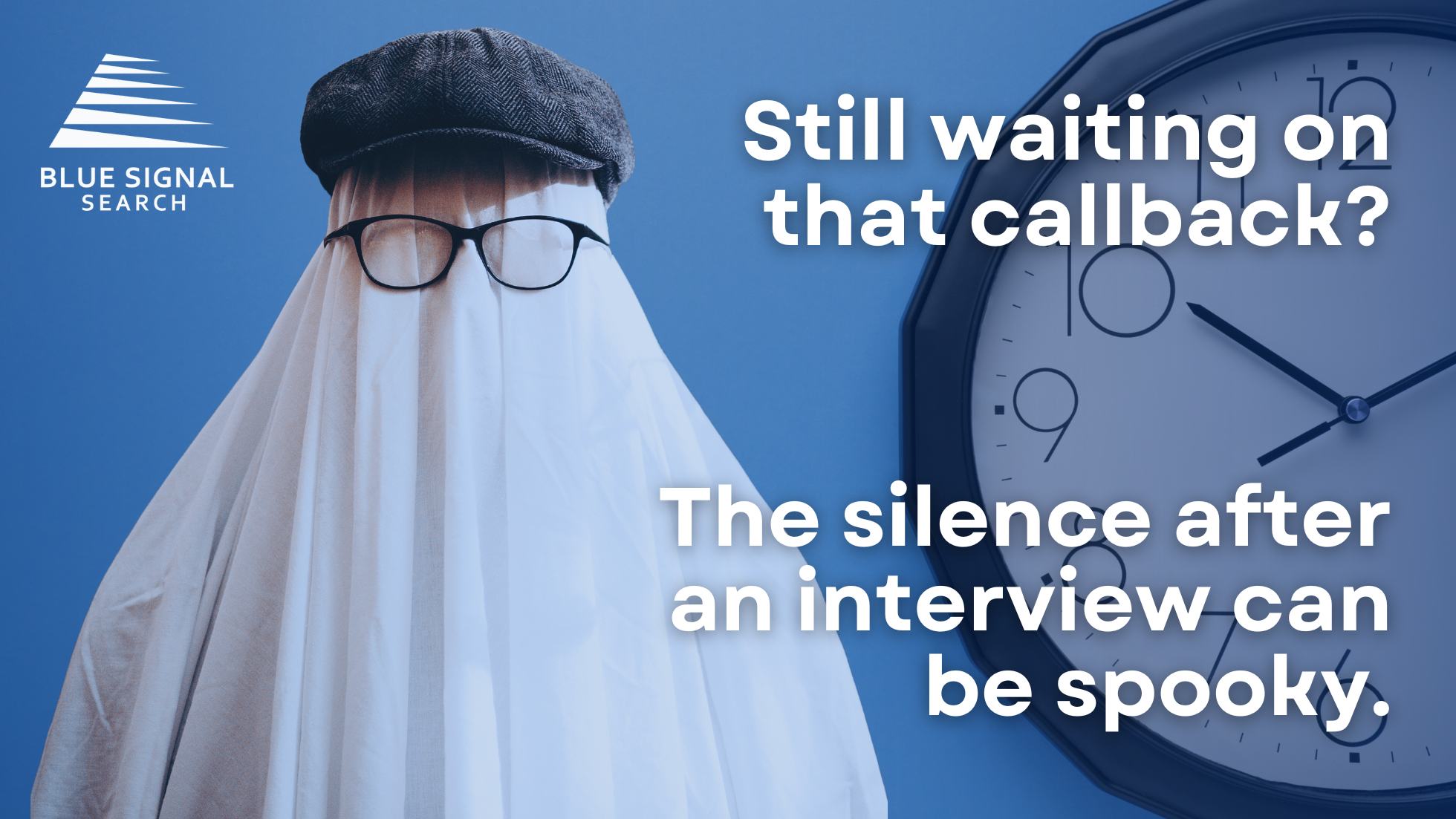
So, how do you push forward after being ghosted? First, it's critical to set a timeline for your follow-up. A well-crafted, polite follow-up email a week or two after your interview or application can remind hiring managers of your interest and potentially prompt a response. However, it's also important to continue applying to other opportunities in parallel. Don't pause your job search waiting for one company to get back to you. Diversifying your applications can help maintain momentum and reduce the sting of any one ghosting incident. Additionally, use this time to reflect on each experience. Can you identify any areas for improvement in your resume, your interview technique, or even the types of roles you're applying for? Each application and interview is a learning opportunity, laying the groundwork for future success. Remember, perseverance and resilience are your allies for overcoming challenges in your job search journey. Keep moving forward, and the right opportunity will come along.
Don’t Fall for Job Scams
In the vast ocean of job opportunities online, not every listing leads to safe shores. The frustration and potential heartbreak of stumbling upon a fraudulent job offer are real and, unfortunately, an all-too-common job search challenge. Imagine the excitement of finding what seems like a perfect match, only to discover it's a mirage created by scammers. This reality check might seem daunting—job scams are indeed pervasive, lurking in the most unsuspecting places, waiting to prey on the hopeful and unsuspecting. Recognizing this is crucial, not to discourage you, but to arm you with awareness. The digital age has multiplied the avenues for scammers to operate, making vigilance an essential component of your job search toolkit.

Staying vigilant means being equipped with the knowledge to spot red flags from a mile away. If a job offer seems too good to be true, it probably is. Be wary of offers that come without an interview, request for personal financial information, or ask you to pay for training or materials. Genuine employers will not ask for money in the recruitment process. Another key strategy to overcome this job search challenge is to research the company thoroughly. Look for online reviews, check their presence on business registry databases, and verify the email addresses involved in communication. If in doubt, reach out directly to the company through official channels to confirm the legitimacy of the job posting. As you navigate these waters, remember, the goal is not to scare you into inaction but to prepare you to proceed with confidence, ensuring you’re moving towards legitimate opportunities that align with your career aspirations.
Conclusion: You’ve Got This!
In conclusion, navigating the myriad of job search challenges is undeniably tough, but it's important to remember that each step you take is a part of a larger journey toward finding your ideal role. Whether it's refining your resume, navigating interviews, or dealing with the silence after sending out applications, these experiences are building blocks, shaping your resilience and adaptability. If there’s one thing we hope you take away from this article, it’s that you’re not alone. Every challenge, every hurdle, is shared by countless others striving to find their perfect role. It's not just about the end goal but also about growing and learning along the way. So, as you continue to push forward, keep in mind the value of perseverance, the importance of self-care, and the strength found in community. With your eyes on the prize and your spirits lifted, the right opportunity is out there waiting for you. Keep going—you've got this.
Need help navigating your job search?
Our friends at Resume and Career Services are here to help you overcome the all-too-common job search challenges. Whether you're looking for guidance on crafting a standout resume, tips for acing your next interview, or strategies to manage job search stress, they have got you covered. And for an extra boost, check out their YouTube channel — a treasure trove of free resources designed to support your job search and career growth. Let's make your job search journey less daunting and more successful, together.
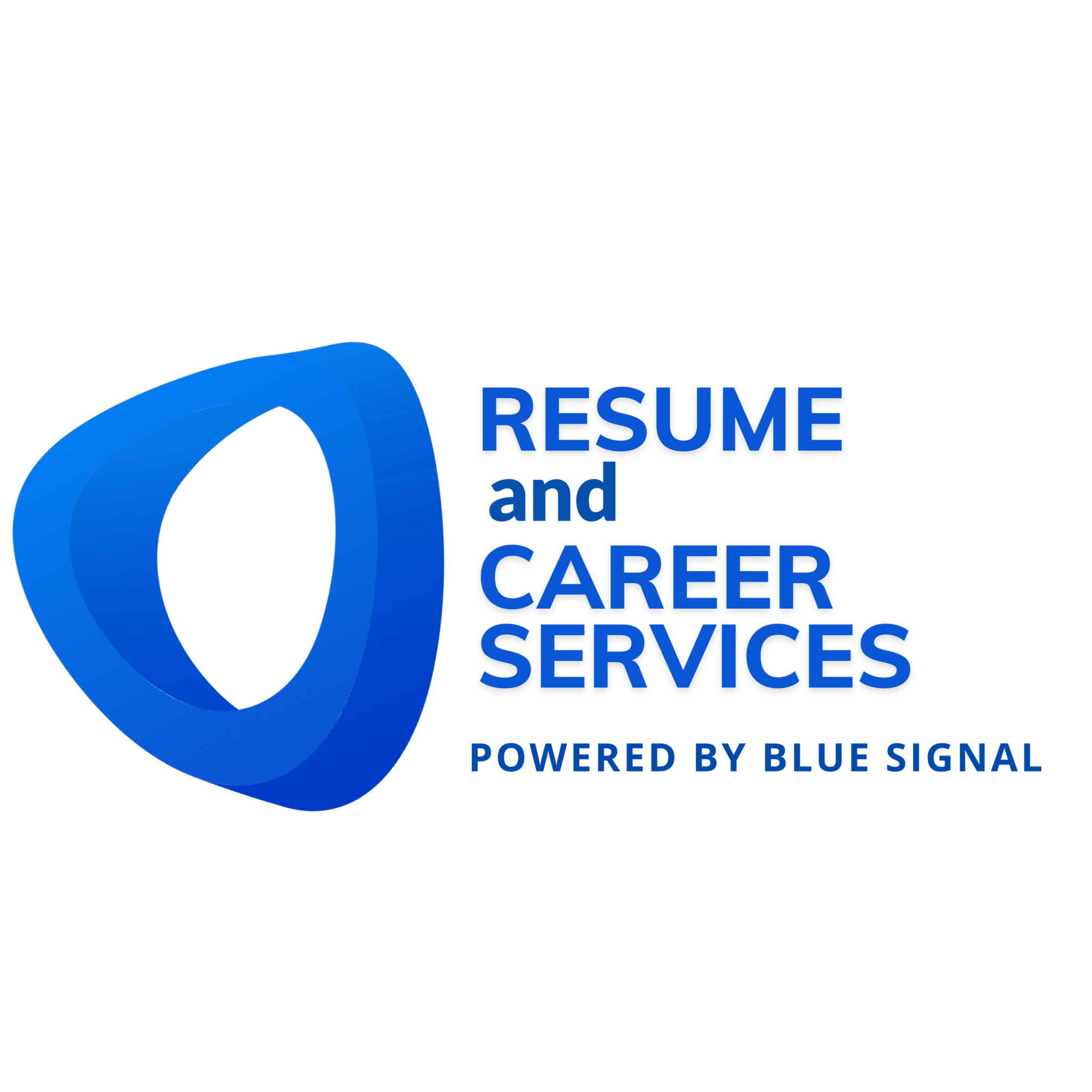
Partner with us for your next hire.
Set up a free consultation with a recruiting manager. Tell us about your hiring need.
By submitting this form, you consent to receive communications from Blue Signal, including phone calls, emails, and text messages.
